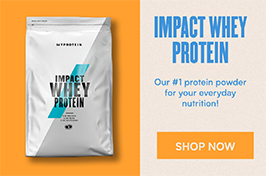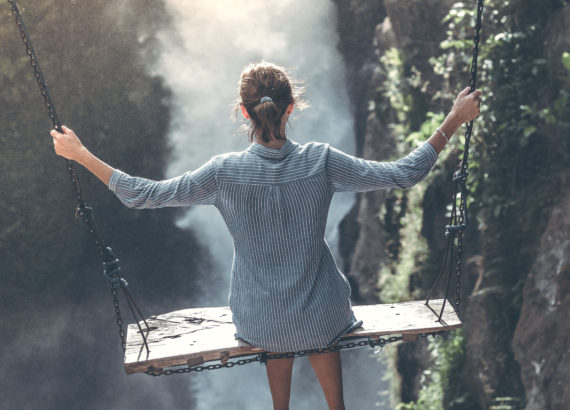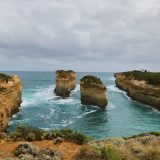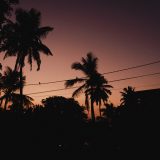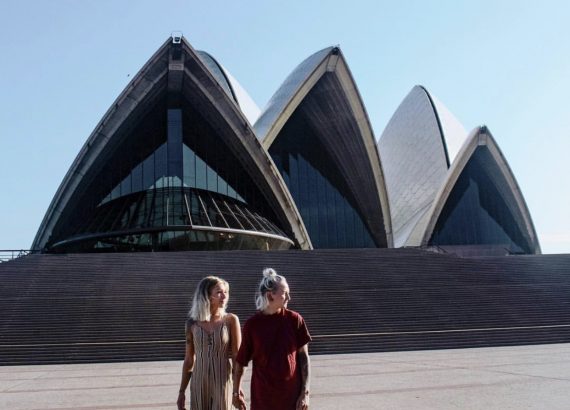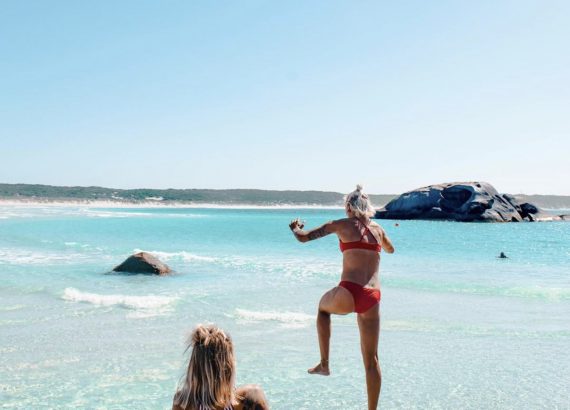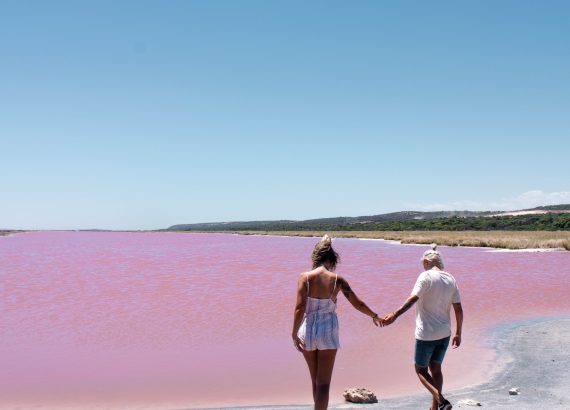Why use Reef-Safe Sunscreen?
Most of us use sunscreens to protect our skin from the damage that the sun can cause. But while the sunscreens we rub into our bodies might prevent cancer, they can cause a lot of damage to the environment and marine life. Sunscreens contain harsh chemicals that are known to harm marine life in many ways, such as causing coral bleaching and sex change in fish and this is one of the reason why we should use reef-safe sunscreen. The harmful effects of these chemicals on humans are also under a lot of talk and studies.
Sounds really nasty right?

Luckily we don´t have to choose between killing the corals or melanoma. We can continue rubbing the sunscreen into our bodies and keep our skin healthy (and tanned!) and our reefs safe, if we just choose the right products. There are responsible companies that have created sunscreens, that are not only protecting our skin but also our oceans. And not only companies. Among a few other places, U.S. Virgin Islands and Hawaii have banned sunscreens that contain coral harming chemicals such as oxybenzone and octinoxate. Hopefully, there will be more countries following the lead!
Check also out our post: How To Pack A Sustainable Travel Kit

Why did we choose Skinnies?
Skinnies sunscreen does not contain any nasty chemicals like oxybenzone or octinoxate, so it is reef safe. It is also a product that meets with our other values, as it is vegan and committed to sustainability. Skinnies products contain no water, whereas other sunscreens contain usually 50-70% water. Pumping the products full of water doesn´t protect our skin and neither is good for the environment.
Skinnies uses a technology called Organogel™, which gives you a UVA/UVB protection by creating a thin layer on top of your skin. As Skinnies doesn´t use any water in their sunscreens, it doesn´t evaporate or soak or sweat off from your skin but dries instantly. You also need to apply Skinnies five times less than a typical sunscreen because it is a soft spreadable gel. This also means that it goes on your skin clear, instead of leaving a white layer behind and you can protect your face, neck, and ears with a gel blob size of a pea. You can use it safely on kids and during pregnancy.

Harsh chemicals create a real danger to our marine life. According to Marine Life, over 40% of the coastal coral reefs are contaminated by oxybenzone. If we wish to keep our oceans healthy, we need to step up and take responsibility for our actions.
Other Reef-Safe sunscreen options
There are quite a few options out there where you can get reef-safe sunscreen. Other companies that also producing reef-safe sunscreen is Kokua Sun Care, Raw Elements, Stream2Sea, Magwai, and Badger Balm. You can find all of these on Instagram.
Let´s protect our marine life together and raise awareness so we can make the right choices when we choose products like sunscreens. Spread the word by sharing this post on your social media!









